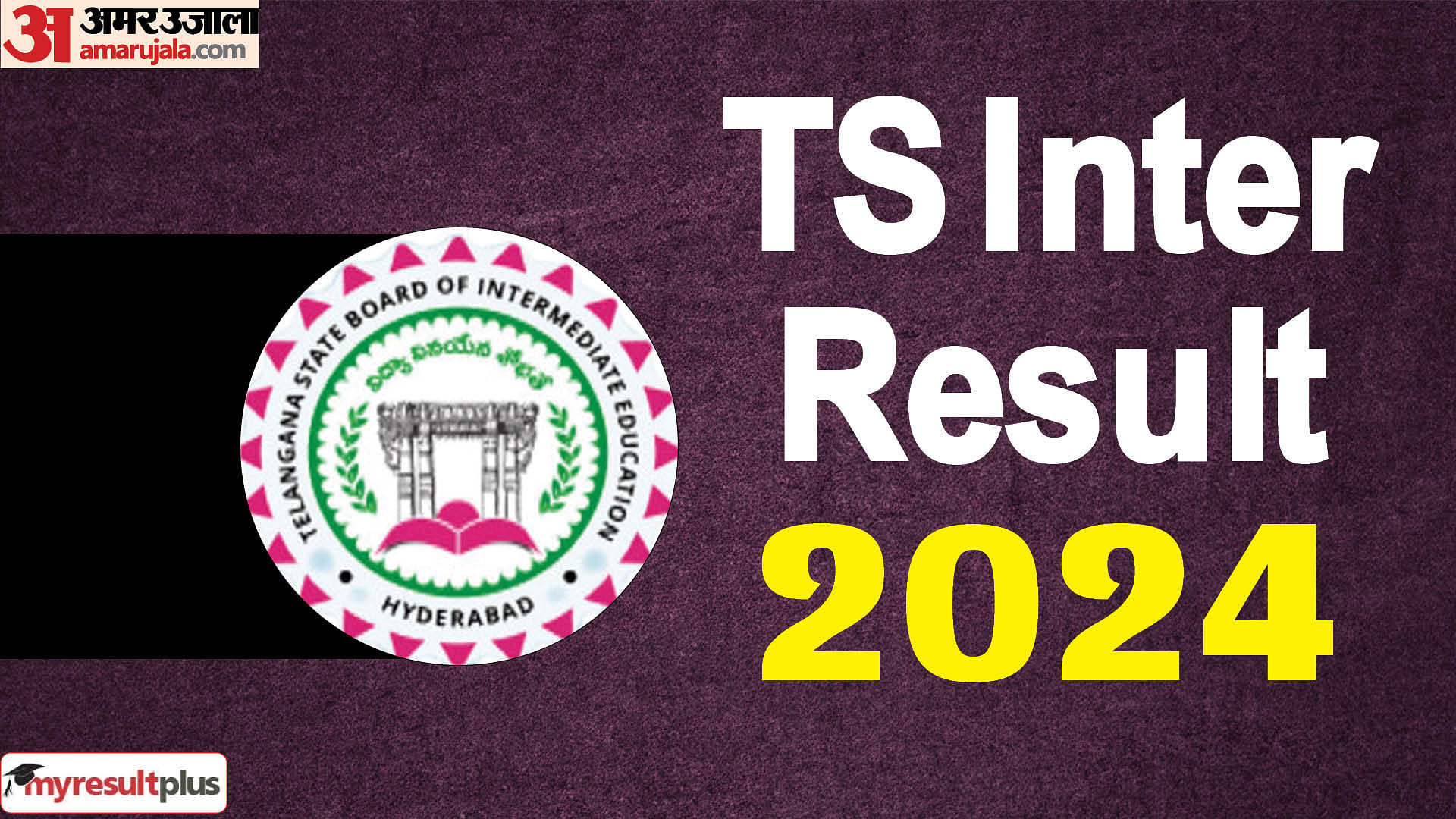
Facing "resistance" over its new recruitment policy, Jammu and Kashmir government on Wednesday decided to notify rules for its implementation instead of taking the "ordinance" path.
"After resistance from many sections of the society to the new recruitment policy, the state government had constituted a cabinet sub-committee to look into the issue. The committee has concluded that there will be no fresh legislation or ordinance but some changes will be made in the policy and the existing system will be strengthened," Jammu and Kashmir Education Minister Naeem Akhtar told reporters here.
Akhtar said all the recruitments in the non-gazetted cadre would be done through Services Selection Recruitment Board (SSRB) and the board would be strengthened to expedite the recruitment process.
"SSRB will be given more members. Ideally it will have a member heading a team in each district. The SSRB will be given four months' time to complete the process," he said.
The minister said 7000 new vacancies will be filled under the new policy.
"Under the policy, fresh appointments made will be regular but the effect of regularization will be given after five years of service. The five years will be considered as probationary. For the five years, the new recruits will get minimum basic pay and grade pay. All other benefits will be given after regularization of the services," he said.
Akhtar, however, said that the new appointees would not able to seek transfers from their place of posting for the probation period.
MORE FROM JOBS :
HSSC invites application for 6874 PGT Teachers
The state cabinet in April this year had approved Jammu and Kashmir Special Recruitment Ordinance-2015 to fast track the appointment of contractual employees. The ordinance was sent to Governor N N Vohra, who returned it.
After facing widespread criticism, the government on May 19 announced the formation of a cabinet sub-committee to review the policy.
Opposition National Conference took out protest rallies against the policy and threatened to take the legal route if the policy was not scrapped.
"After resistance from many sections of the society to the new recruitment policy, the state government had constituted a cabinet sub-committee to look into the issue. The committee has concluded that there will be no fresh legislation or ordinance but some changes will be made in the policy and the existing system will be strengthened," Jammu and Kashmir Education Minister Naeem Akhtar told reporters here.
Akhtar said all the recruitments in the non-gazetted cadre would be done through Services Selection Recruitment Board (SSRB) and the board would be strengthened to expedite the recruitment process.
"SSRB will be given more members. Ideally it will have a member heading a team in each district. The SSRB will be given four months' time to complete the process," he said.
The minister said 7000 new vacancies will be filled under the new policy.
"Under the policy, fresh appointments made will be regular but the effect of regularization will be given after five years of service. The five years will be considered as probationary. For the five years, the new recruits will get minimum basic pay and grade pay. All other benefits will be given after regularization of the services," he said.
Akhtar, however, said that the new appointees would not able to seek transfers from their place of posting for the probation period.
MORE FROM JOBS :
HSSC invites application for 6874 PGT Teachers
The state cabinet in April this year had approved Jammu and Kashmir Special Recruitment Ordinance-2015 to fast track the appointment of contractual employees. The ordinance was sent to Governor N N Vohra, who returned it.
After facing widespread criticism, the government on May 19 announced the formation of a cabinet sub-committee to review the policy.
Opposition National Conference took out protest rallies against the policy and threatened to take the legal route if the policy was not scrapped.









